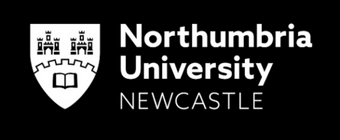This course is designed for students from a variety of engineering backgrounds, to enhance and develop electronic engineering knowledge and skills essential for the modern engineer.
You will gain expertise and experience in the areas of analogue and digital systems and circuit design using state-of-the-art software and processors. You will gain the in-depth knowledge and skills you need for analysing, modelling and optimising the performance of advanced microelectronic and communication systems. The course covers a broad range of topics including advanced embedded system technologies, digital design automation and silicon electronic design, as well as optical fibre communication systems and wireless communications.
In the second year, for one semester you will have the chance to undertake study in another country or join a research group. This valuable experience will enhance your employment opportunities and further develop your theoretical and practical skills.














